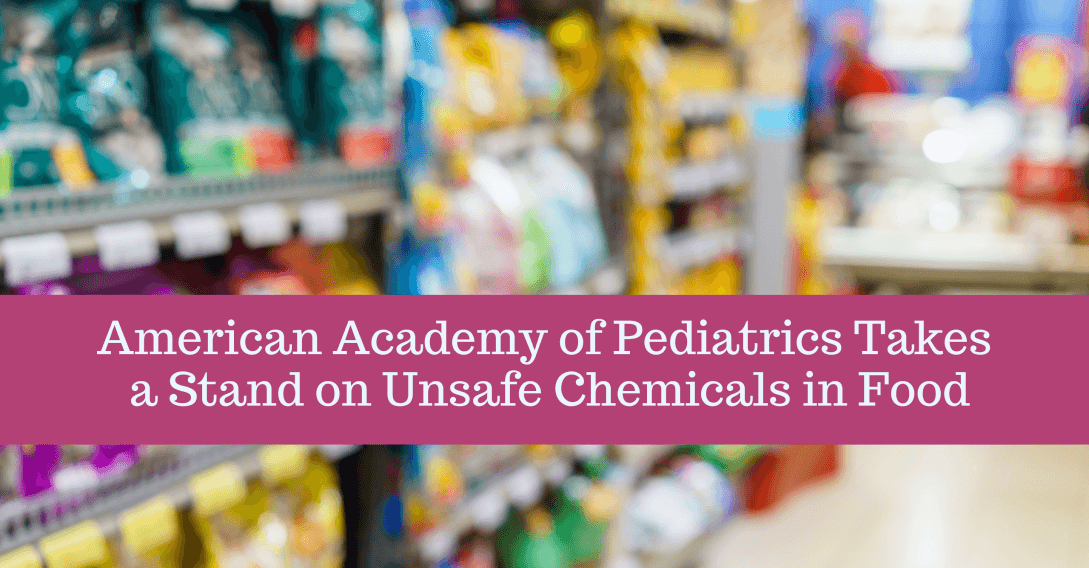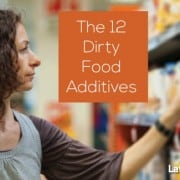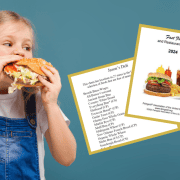Pediatrics Academy Urges Improving Food Safety. Finally!

Sheila Rogers DeMare
As a school psychologist I always advised parents of hyperactive children to remove synthetic additives from the diet. Truth is, they usually ignored me.
But not Cindy! The mom of an out-of-control boy, Cindy began to watch for a connection between behavior and diet. Soon she was a believer. She saw that much of the problem was due to food dyes. She took her boy to the pediatrician (who had already prescribed Ritalin) to share her theory.
In front of the child, the doctor instructed her that there was “absolutely nothing” to the idea that food and drink affect behavior. The child could, he assured her, eat anything with no concern.
Just try taking a kid’s favorite junk foods away after the doctor has given his blessings on them!
Cindy came to me a month later and explained she was giving up the good fight.
For decades, this same situation has occurred in countless doctors’ offices. It will continue until a new statement just released from the American Academy of Pediatrics trickles down and is embraced by physicians!
This week the group issued a strong and wide-ranging report on the health dangers of multiple types of chemicals that are harming our children.
Today, more than 10,000 chemicals are allowed to be added to food and food contact materials in the United States, either directly or indirectly. –Excerpt from “Food Additives and Child Health”
Yes, it has been a very long wait. But we should applaud the fact that the statement is comprehensive and clear.
Accumulating evidence . . . suggests that colorings, flavorings, chemicals deliberately added to food during processing (direct food additives), and substances in food contact materials (including adhesives, dyes, coatings, paper, paperboard, plastic, and other polymers) that may come into contact with food as part of packaging or processing equipment but are not intended to be added directly to food . . . may contribute to disease and disability in the population.
Here’s the full report. Make sure your pediatrician sees it. But meanwhile, take matters into your own hands. Eat natural foods–organic, whenever possible. And cook real food! Make a point to store foods in glass or stainless steel, not plastic. Find ways to reduce exposure to harmful chemicals without waiting for your doctor to get the message.
Below is a CBS news report:







